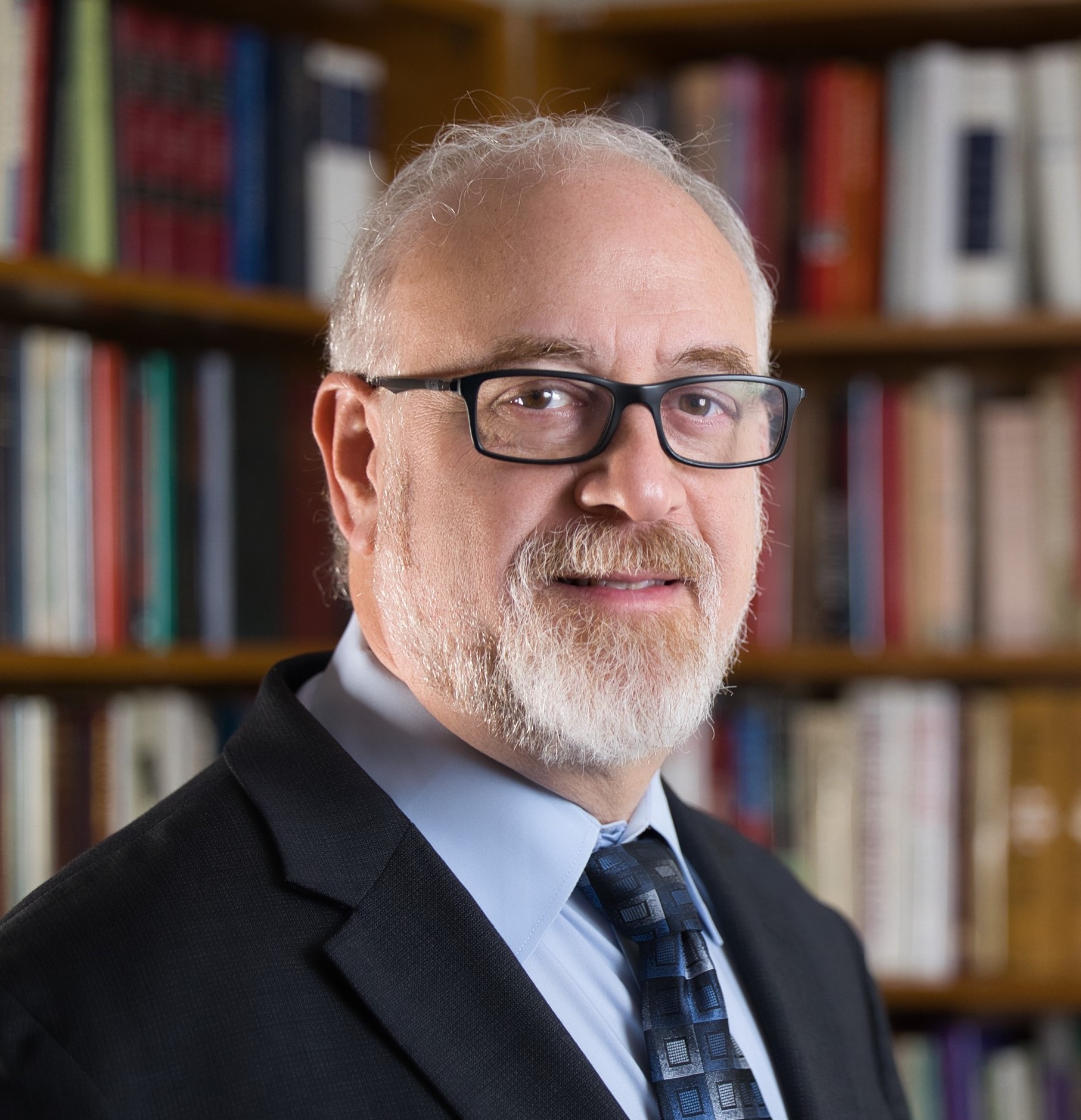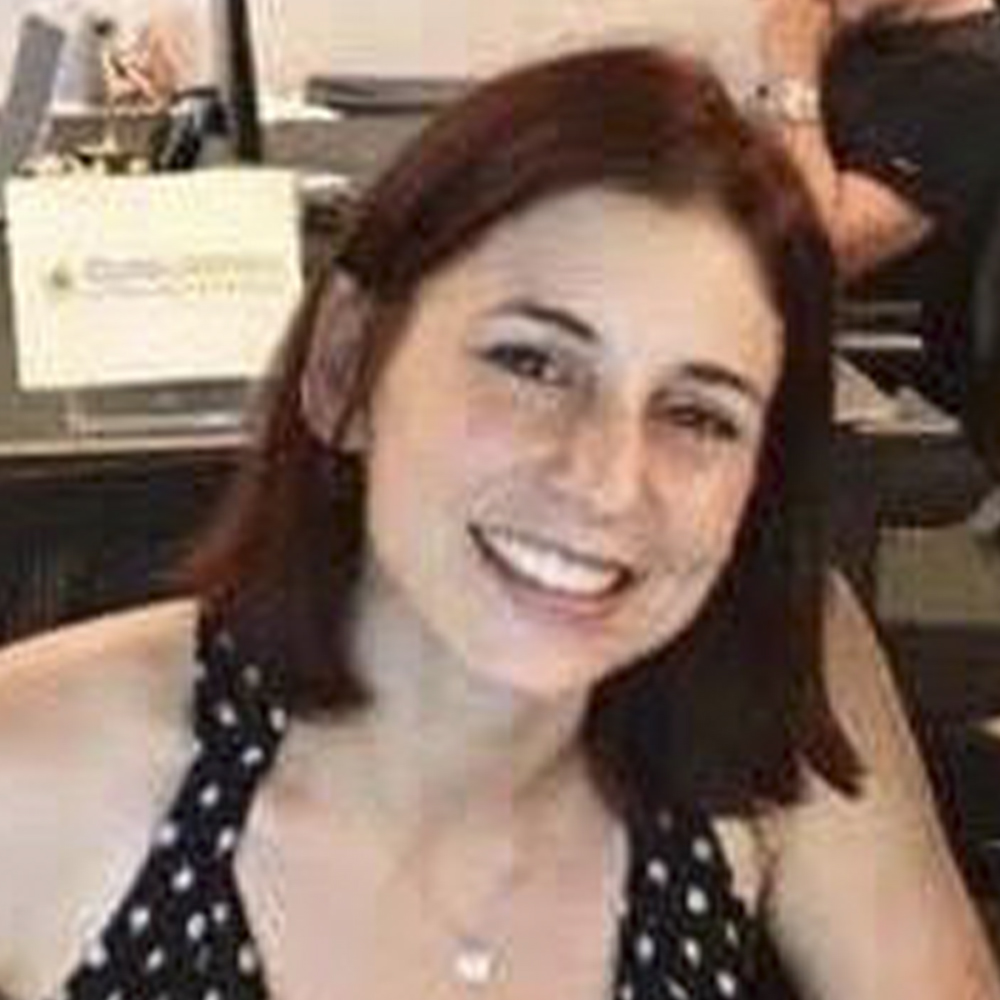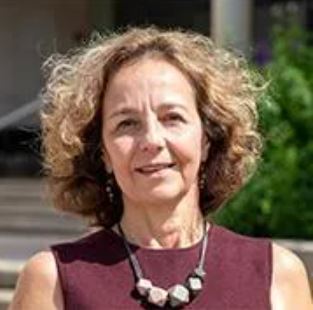Date: Wednesday, June 22, 2022, 2:00 – 2:45 PM ET
Webinar Description:
For the past 2 years, the presenters have been teaching an interactive course on “Responsible AI” to both law and data-science students in in the U.S., Europe and Israel. This course is designed to enable students from both disciplines to speak to each other in a similar “language,” despite different professional backgrounds. Creating a dialogue between the two disciplines will contribute to the development of responsible AI systems. The presenters will share their insights on how to teach responsible AI to students with diverse backgrounds.
Learning Objectives:
Click Here to Watch the Webinar Replay

Jon M. Garon, J.D., Director of Intellectual Property, Cybersecurity and Technology Law Program and Professor of Law, Nova Southeastern University Shepard Broad College of Law
Jon M. Garon is Director of Intellectual Property, Cybersecurity and Technology Law Program and Professor of Law Nova Southeastern University Shepard Broad College of Law. Professor Garon is a nationally recognized authority on technology law and intellectual property, particularly copyright law, entertainment and information privacy. A Minnesota native, he received his bachelor’s degree from the University of Minnesota in 1985 and his juris doctor degree from Columbia University School of Law in 1988.
Garon served as Dean of the Shepard Broad College of Law from 2014-2020, focusing on projects that included new degrees for LL.M., M.S. in Law & Policy, and B.S. in Paralegal Studies; two new clinics – the Adults with Intellectual and Developmental Disabilities Law Clinic and the Sharon and Mitchell W. Berger Entrepreneur Law Clinic; and numerous new programs including the Legal Launchpad and Legal Incubator program, the Intellectual Property, Cybersecurity and Technology Law Program, and the Honors Program.
Prior to joining Nova Southeastern University in 2014, Garon was the inaugural director of the Northern Kentucky University Salmon P. Chase College of Law, Law + Informatics Institute from 2011-2014. The Law + Informatics Institute serves to integrate the specialized programming on technology and information systems as they apply across legal disciplines. A tenured member of the law faculty, Garon taught Information Privacy Law, Cyberspace Law, Copyright Law, Entertainment Law, and related courses.
Garon served as dean and professor of law at Hamline University School of Law in St. Paul, Minnesota. He was professor of law from 2003 to 2011, dean of the Law School from 2003 to 2008 and Interim Dean of the Graduate School of Management from 2005 to 2006. Before Hamline, Garon taught Entertainment Law and Copyright at Franklin Pierce Law Center in Concord, New Hampshire and Western State University College of Law in Orange County, California.
Among his numerous accomplishments, Garon has held key leadership positions as past chair of both the American Bar Association’s Law School Administration Committee, the Association of American Law Schools Section on Part-Time Legal Education, and the Online Education Committee of the Southeastern Association of Law Schools. His teaching and scholarship often focus on business innovation and structural change to media, education and content-based industries.
He has published over 50 books, book chapters, and academic articles. His books include his debut novel Burn Rate (2019) and nonfiction works The Entrepreneur’s Intellectual Property & Business Handbook (2d. Ed. Manegiere Publications 2018); The Pop Culture Business Handbook for Cons and Festivals (Manegiere Publications 2017); The Independent Filmmaker’s Law & Business Guide to Financing, Shooting, and Distributing Independent and Digital Films (A Cappella Books, 2d Ed. 2009); and Entertainment Law & Practice (3d Ed. Forthcoming 2020 Carolina Academic Press). His upcoming works include A Short and Happy Guide to Privacy and Cybersecurity Law (2021 West Academic) and Law Professor’s Desk Reference (2021 Carolina Academic Press).
 Karni Chagal-Feferkorn, Scotiabank Postdoctoral Fellow in AI and Regulation at the University of Ottawa AI + Society Initiative.
Karni Chagal-Feferkorn, Scotiabank Postdoctoral Fellow in AI and Regulation at the University of Ottawa AI + Society Initiative.Karni Chagal-Feferkorn’s research at the AI + Society Initiative examines different aspects of the intersection between artificial intelligence (AI) and the law, including legal liability for AI-induced damages, admissibility of AI evidence in courts, and the educational challenge of teaching lawyers and programmers to work jointly in order to design more ethical AI systems.
Karni Chagal-Feferkorn pursued her PhD at the University of Haifa (Israel), where she also obtained her LL.B. degree in Law and her B.A. in Economics. She holds an LL.M. in Law, Science and Technology from Stanford University, and is a licensed attorney in Israel, California and New York. Among her passions is teaching, and she has previously taught courses on AI, ethics & the law; Intellectual Property; Property Law; Tort Law; and Constitutional Law.
In addition to academic research, Karni Chagal-Feferkorn is one of the founding partners of a consultancy firm that specializes in comparative research pertaining to law and regulation, and conducts research for governments, law firms and companies on various regulatory matters, including technology in general and AI in specific.She also advises an Israeli start-up focused on automating the drafting of complex legal documents.
 Niva Elkin-Koren, S.J.D., Faculty of Law, The Buchmann Faculty of Law Tel-Aviv University
Niva Elkin-Koren, S.J.D., Faculty of Law, The Buchmann Faculty of Law Tel-Aviv UniversityNiva Elkin-Koren is a Professor of Law at Tel-Aviv University Faculty of Law and a Faculty Associate at the Berkman Klein Center for Internet & Society at Harvard University. She is a former Dean of University of Haifa Faculty of Law, and the founding director of the Center for Cyber, Law and Policy (CCLP) and of the Haifa Center for Law & Technology (HCLT).
Prof. Elkin-Koren has been a Visiting Professor of Law at Harvard University, Columbia Law School, UCLA, NYU, George Washington University and Villanova University School of Law. She is the Chair of the Scientific Advisory Council, of the Alexander von Humboldt Institute for Internet and Society in Berlin, a member of the Executive Committee of Association for the Advancement of Teaching and Research in Intellectual Property (ATRIP), and a board member of the MIPLC Scientific Advisory Board at the Munich IP Law Center, Max Planck Institute for Innovation and Competition. She is also a member of the editorial boards of the Journal of the Copyright Society (since 2009) the Journal of Information Policy (since 2010) and the Internet Policy Review (since 2016).
Prof. Elkin-Koren received her LL.B from TAU in 1989, her LL.M from Harvard Law School in 1991, and her S.J.D from Stanford Law School in 1995.
 Avigdor Gal, D.Sc, Benjamin and Florence Free Chaired Professor of Data Science at the Faculty of Industrial Engineering & Management, Technion
Avigdor Gal, D.Sc, Benjamin and Florence Free Chaired Professor of Data Science at the Faculty of Industrial Engineering & Management, TechnionAvigdor Gal is the Benjamin and Florence Free Chaired Professor of Data Science at the Faculty of Industrial Engineering & Management at the Technion is a Technion graduate and an expert on information systems. His research focuses on effective methods of integrating data from multiple and diverse sources, which affect the way businesses and consumers seek information over the Internet.
His current work zeroes in on schema matching — the task of providing communication between databases, and connecting such communication to real-world concepts. Another line of research involves the identification of complex events such as flu epidemics, biological attacks, and breaches in computer security, and its application to disaster and crisis management. He has applied his research to European and American projects in government, eHealth, and the integration of business documents.
Born in Tel Aviv-Jaffa, Prof. Gal received his bachelor’s degree in Computer Science in 1990, and in 1995 earned his doctorate in information systems engineering — both from the Technion. During his doctoral studies in the area of temporal active databases, he received the Miriam and Aaron Gutwirth Scholarship for three consecutive years (1993-1995). Alongside his studies, he served in the Israeli Air Force reserves as an information systems consultant.
After a two-year stint from 1995-1997 as a post-doctoral fellow at the University of Toronto in the Department of Computer Science, Prof. Gal started his academic career as an assistant professor at Rutgers University. He joined the Technion in 2001 and has been active in numerous Technion activities including having served as Vice Dean for Teaching from 2008-2011.
Prof. Gal has published more than 100 papers in leading professional journals (e.g. Journal of the ACM (JACM), ACM Transactions on Database Systems (TODS), IEEE Transactions on Knowledge and Data Engineering (TKDE), ACM Transactions on Internet Technology (TOIT), and the VLDB Journal) and conferences (SIGMOD, VLDB, ICDE, BPM, DEBS, ER, CoopIS) and books (Schema Matching and Mapping). He authored the book Uncertain schema Matching in 2011, serves in various editorial capacities for periodicals including theJournal on Data Semantics (JoDS), Encyclopedia of Database Systems and Computing, and has helped organize professional workshops and conferences nearly every year since 1998.
He has won the IBM Faculty Award each year from 2002-2004, several Technion awards for teaching, the 2011-13 Technion-Microsoft Electronic Commerce Research Award, and the 2012 Yanai Award for Excellence in Academic Education, and others.
Among his many professional activities, he is a senior member of the Institute of Electrical and Electronics Engineers (IEEE), a member of the Association for Computing Machinery (ACM) and an affiliate member of BPM Center, supported by Queensland University of Technology (Australia) and TU Eindhoven (Netherlands). He has served on several advisory boards including DEBS (Distributed Evenet-Based Systems) and CooplS (Cooperative Information Systems).
 Shlomi Hod, PhD Student Researcher, Boston University
Shlomi Hod, PhD Student Researcher, Boston University